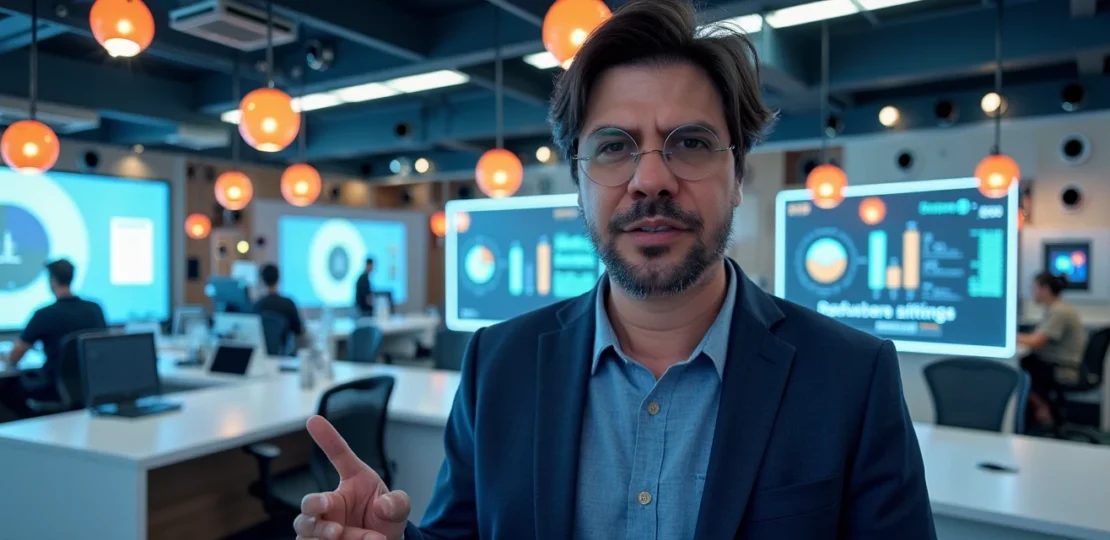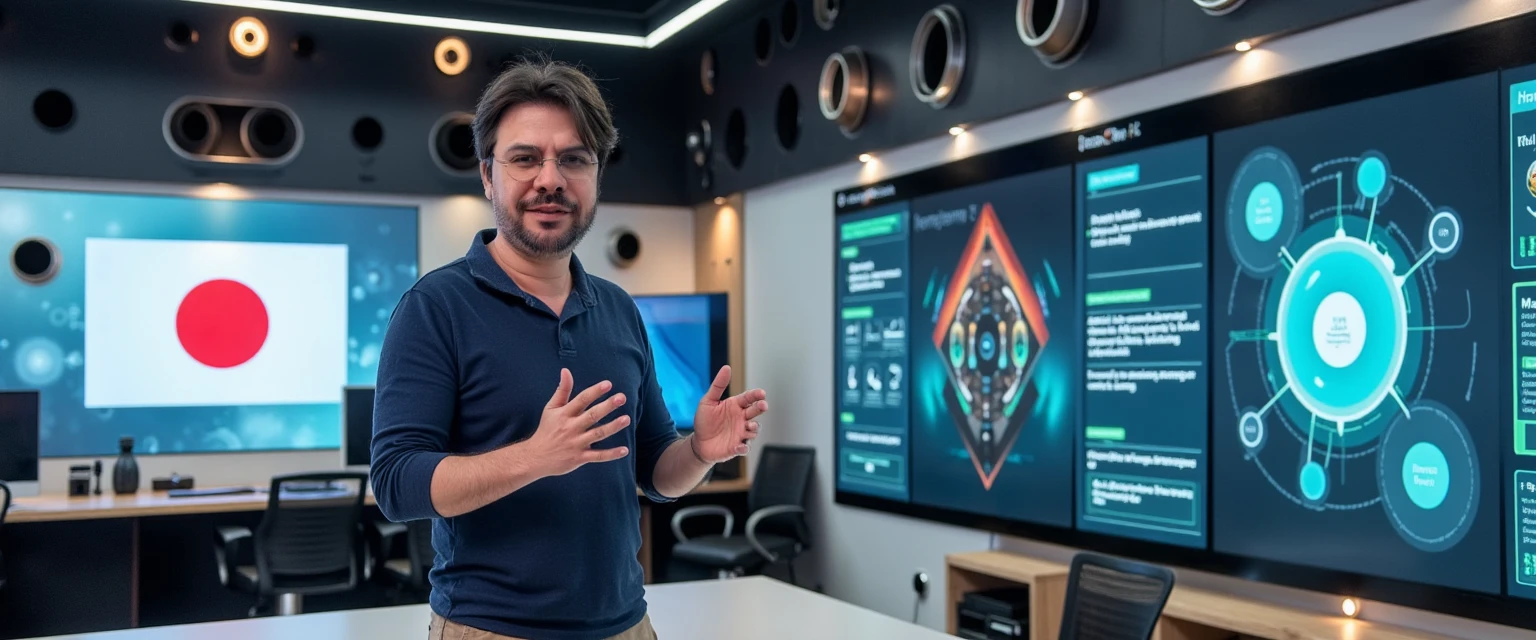The Impact of AI in 2025: CEOs Prioritize Investment as Global Challenges Intensify
January 25, 2025 | by Matos AI

In the AI Bulletin of the last 24 hours in Brazil, we will analyze the main movements and impacts of Artificial Intelligence in different sectors, from corporate investments to geopolitical and environmental issues.
Let’s start with a piece of news that confirms something I’ve been observing in my corporate consulting: AI has definitely become a strategic priority for CEOs. According to report from the Commerce Journal, executives are directing significant investments towards implementing AI-based solutions, seeking to transform processes and drive innovation.
But as companies race to implement AI, an important warning comes from International Energy Agency: Data center energy consumption is expected to double by 2026, from 1-1.3% of global consumption to something closer to 3%. To put this in perspective, training a single AI model can consume as much energy as an average city uses in an entire year.
Join my WhatsApp groups! Daily updates with the most relevant news in the AI world and a vibrant community!
- AI for Business: focused on business and strategy.
- AI Builders: with a more technical and hands-on approach.
In the field of geopolitics, the US-China dispute is gaining new chapters. According to UOL report, even with US sanctions on advanced chips, China has found alternative paths to develop its AI industry, demonstrating remarkable resilience.
In technological developments, the Meta announced SEAMLESSM4T, an AI system capable of translating 101 languages almost simultaneously, both in text and voice. And in the creative industry, the movie “The Brutalist” demonstrates how AI is also transforming audiovisual production.
Analysis and Reflections
In my experience supporting over 10,000 startups and large companies on their innovation journeys, I can say that we are in a unique moment. CEOs prioritizing AI is not just a passing trend – it is a real competitive necessity.
However, the data on energy consumption particularly concerns me. In my consultancies on AI strategies, I have been warning about the importance of considering sustainability in technological development. We cannot repeat the mistakes of the industrial revolution, ignoring environmental impact in the name of progress.
The case of China shows us how restrictions can, paradoxically, accelerate innovation. In my experience in the public sector, I have learned that regulations need to be very well thought out so as not to generate effects contrary to those desired.
Conclusion and Next Steps
The current moment demands a balanced approach: embracing innovation without neglecting its impacts. For companies looking to invest in AI, I recommend starting with a clear strategy that considers not only the financial return, but also the environmental and social impact.
If your company is considering implementing AI solutions or needs support to navigate this complex landscape, I can help. With over 25 years of experience in technology and innovation, I offer expert advice to companies that want to implement AI strategies responsibly and efficiently.
✨Did you like it? You can sign up to receive 10K Digital's newsletters in your email, curated by me, with the best content about AI and business.
➡️ Join the 10K Community here
RELATED POSTS
View all



